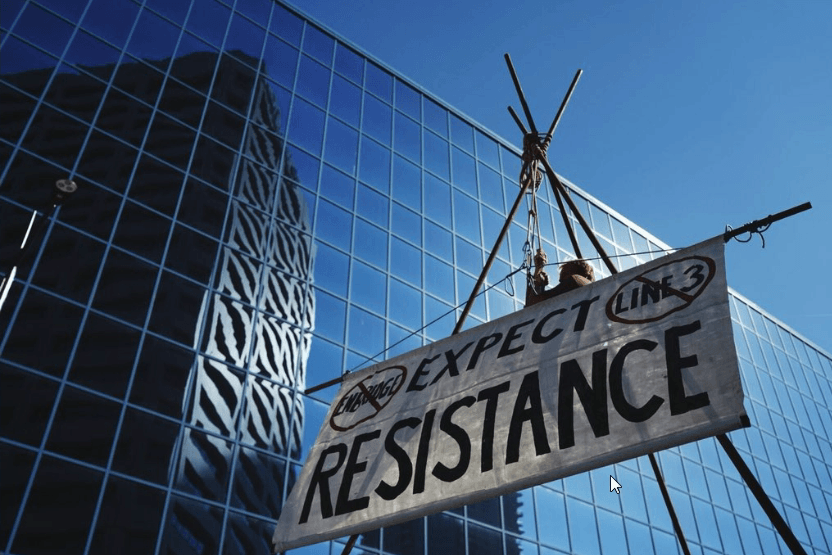Army Corps accepting comments on Enbridge Line 3 pipeline permit

Go Deeper.
Create an account or log in to save stories.
Like this?
Thanks for liking this story! We have added it to a list of your favorite stories.
The U.S. Army Corps of Engineers announced Thursday it will begin taking comments from the public on permits for the Enbridge Line 3 oil pipeline project.
Construction of the pipeline will temporarily affect about 1,000 acres of wetlands and permanently affect 10 acres of wetlands, according to a news release from the Army Corps. The pipeline project approved by Minnesota regulators earlier this year requires crossing more than 200 bodies of water, including roughly 100 ditches and three rivers the Corps considers "navigable waters."
• Podcast: Listen to all of Rivers of Oil
• Subscribe on Apple Podcasts
• Twitter
• Full coverage of the Line 3 debate
Turn Up Your Support
MPR News helps you turn down the noise and build shared understanding. Turn up your support for this public resource and keep trusted journalism accessible to all.
The Army Corps is accepting comments from the public through Jan. 21, 2019.
Permits from the Army Corps are among more than 20 local, state and federal permits Enbridge is trying to secure by early 2019. The company hopes to have the new $2.6 billion pipeline in service by the end of 2019.
Climate change activists, native rights advocates and others have vowed protests throughout the pipeline's route and are trying to challenge the project in court.



